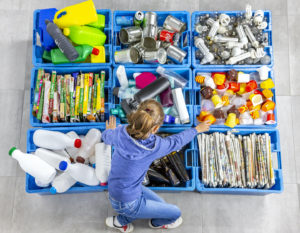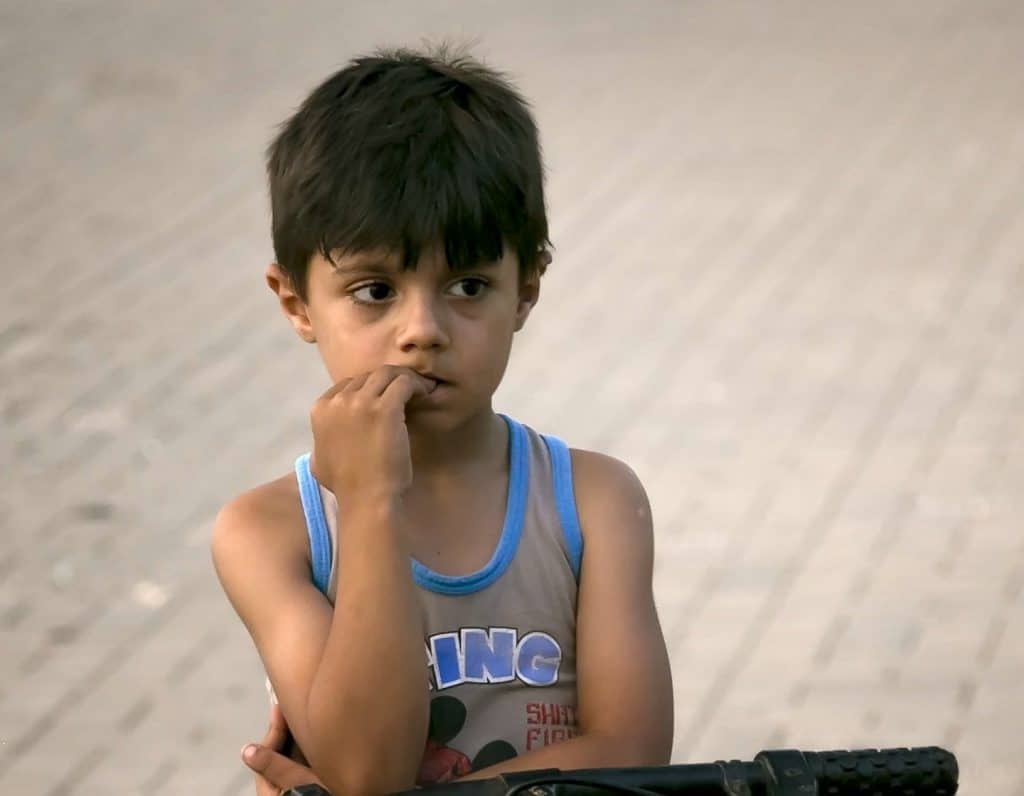

Is your child nervous or tense? Does your child show signs of perfectionism and become stressed when things don’t go to plan?
All children will feel anxious or worried about something at some point in their young lives. It might be that they are overly shy, anxious about starting a new school, maybe there’s been a change at home or they may just feel anxious without any specific trigger. However, anxiety can have a real impact on a child’s ability to socialise and feel comfortable in school. It can also have a huge impact on emotional well-being and develop into physical illness. Anxiety is one of the most common disorders in children, with separation anxiety disorder as the most prevalent anxiety disorder among children aged 5-9. Anxiety disorders during childhood can also lead to difficulties later in life.
Attention-seeking behaviour, bad dreams, bed wetting and difficulty sleeping can be a result of anxiety in younger children. In older children they may display poor social skills, have anger outbursts, have difficulty focusing, have poor academic performance or struggle to try new things. Severe anxiety like this can harm children’s mental and emotional wellbeing, affecting self-esteem and confidence. It may lead children towards feeling bad about themselves and creating self-imposed pressure to be good/ perfectionism. This might show in the child who becomes very distressed when things don’t turn out right or might not ever want to try something new for fear of failure.
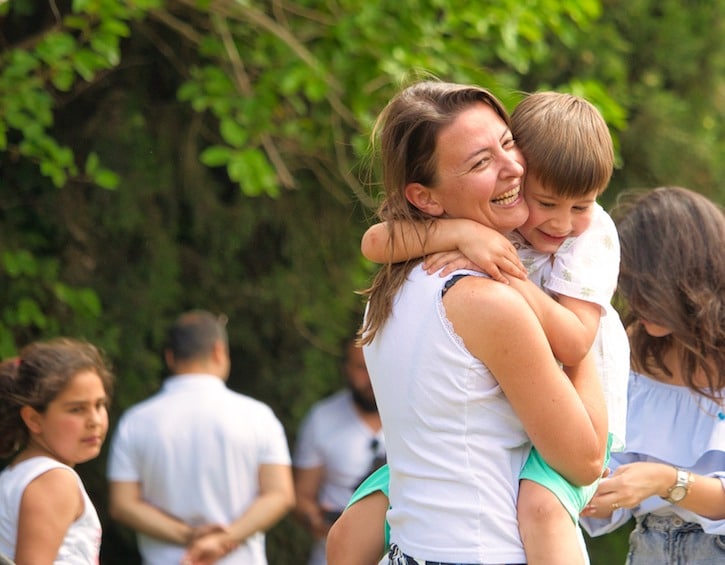

How parents can help
Parents can do so much to help at home. While it may be impossible to eliminate all anxiety from your child’s life, you can help your child learn to manage anxiety effectively so that they can deal with life’s challenges long into adulthood. Children learn by example, so it is important not to model anxiety in front of your child. Rather, model how to deal with anxiety. This is due to mirror neurons in the brain which help children to copy behaviours around them.
Parents can validate the child’s feelings but also model calmness and confidence that their child is going to be okay and can master scary situations like school or meeting new people. Also, because children are most anxious leading up to a challenging situation, it’s important for parents not to ask too many questions about the anxiety. Instead, try to tune into your child’s emotions, understand how they feel, name the emotion for the child, but don’t necessarily try to fix the emotion. Dan Siegel, author of No-Drama Discipline, suggests parents should firstly listen, then reflect the emotion, communicate comfort and validate.
Read more: Play therapy techniques to help your child
Do not avoid the situation they are feeling anxious about, as this could lead to even greater anxiety in the future by inadvertently reinforcing the idea that it is something to be avoided. Give them the skills and strategies to become resilient in anxiety-provoking situations.
Research shows that anxiety is often the result of multiple factors (i.e., genes, brain physiology, temperament, environmental factors, past traumatic events, etc.). Please keep in mind, you did not cause your child’s anxiety, but you can help them overcome it. Anxiety is inevitable in life, but no child should have to feel stuck with it.
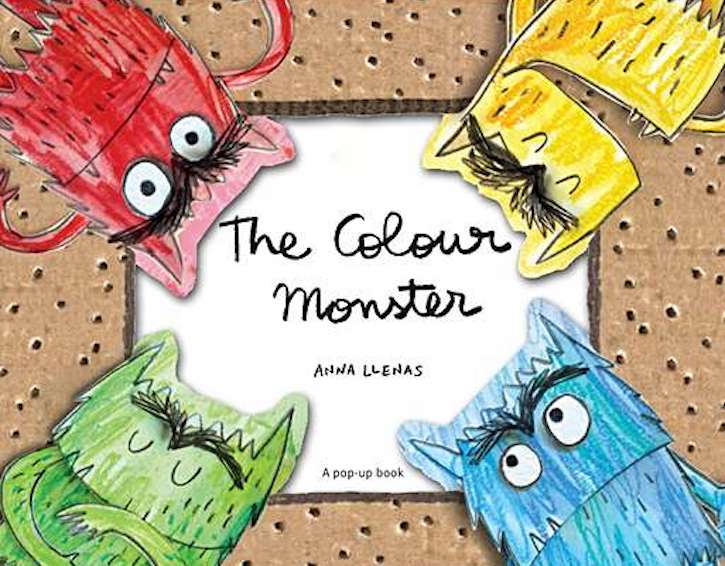

There are many books to help children understand their anxiety. Two written by teaching colleagues include, Don’t Worry Spratly by Helen Sampson and The Rainbow Dragon by Andy Martin. A book I use with my own children is The Colour Monster by Anna Llenas. This book helps to teach children the language of emotions. Children can express their emotions as colours. Using the colour jars, they can recognise that they have multiple feelings that come in ranges of intensity.
How play therapy helps
If your child’s anxiety is starting to affect their wellbeing, they may need some help to overcome it. Anxiety becomes a problem for children when it starts to get in the way of their day-to-day life. Play therapy has been proven to be an effective therapeutic approach to reduce anxiety during a period of time (Althy 2005). Through play, children express emotion, establish relationships, describe experiences, disclose wishes and make sense of their world. Playing nurtures the power of innovation, creativity and concentration in children and helps them discover relationships between objects and surroundings. One of the tools in the play therapy room is the sand tray. Through sand play children can freely create their mental images using the miniatures. This provides a multiple intelligences perspective to meet the specific needs of children with particular cognitive and social emotional difficulties more effectively than traditional talking therapies.
Play establishes a connection between the child’s inner thoughts and outside world, and helps the child to show their experiences, thoughts, feelings and tendencies which are threatening. The trained therapist allows the child to direct the play. The child is shown great respect and validation for all her expressed feelings, desires, decisions and needs. This allows the child to control and understand that they have the power to get things right and that they are ok as they are.
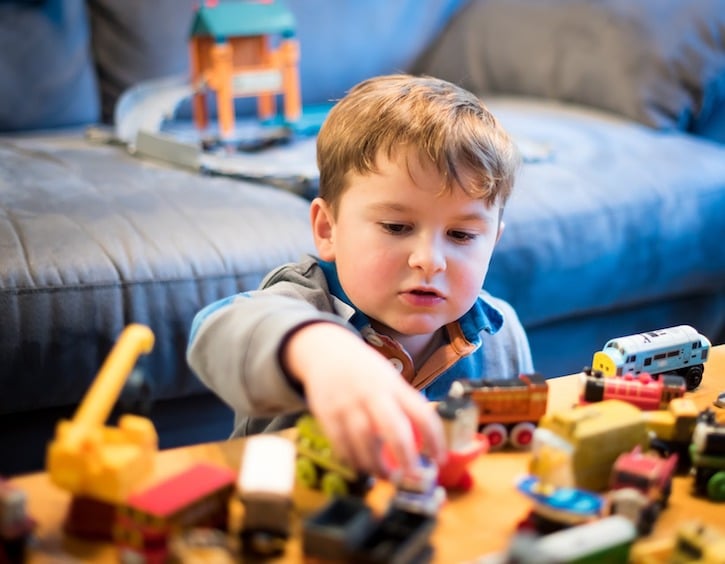

What can parents do at home to help anxious kids:
- Do not avoid anxiety-provoking situations or ask leading questions
- Model calmness by letting them see how you cope with anxiety
- Validate and name feelings
- Teach necessary skills to become resilient in the face of stress such as strategies for tolerating anxiety.
When to seek further help from a Play Therapist:
- When a child’s anxiety begins to get in the way of their day to day life.
- Play Therapy can help children with a wide range of social difficulties (such as divorce, moving country/school, bullying, trauma) that affect their emotional well-being.
Read more: How Play Therapy Helped My Daughter Deal with the Trauma of Divorce






 View All
View All





 View All
View All







 View All
View All



